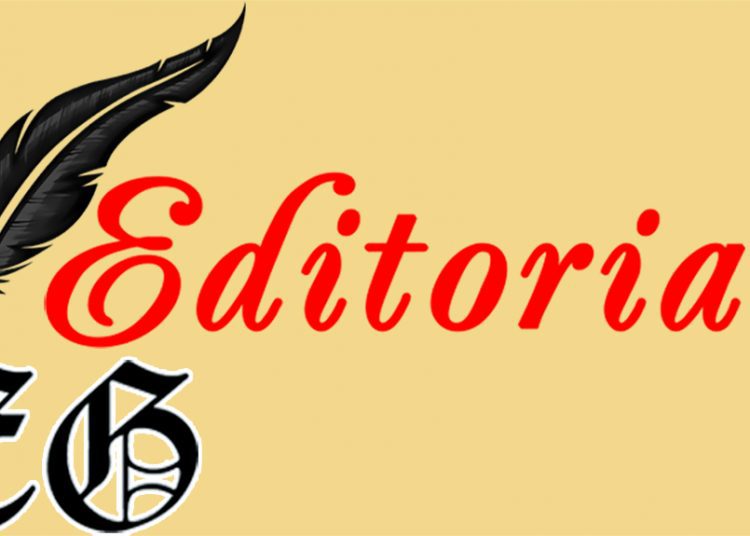When the Arab and Palestinian cast of “Let it be in the morning” decided to boycott Cannes Film Festival in protest of their film being classified in the “Israeli film” category, they were actually making a statement about their national identity.
The film, which is based on a book by Sayed Kashua, a Palestinian living in Israel, highlights the concept of physical and psychological siege, under which Palestinians are living.
So, the film actually speaks of a nation that is fighting to assert its existence through the story of an Israeli Palestinian who goes back to his Palestinian home village, where he discovers his national affiliation.
The problem with Palestinians holding Israeli citizenship is that they carry the genes of their culture and national belonging, despite official documents which say otherwise. This real-life contradiction between inner affiliation and official identity dictated by reality on the ground, rather than a free choice, is always a rich topic for dramatic conflict.
The actors of the film issued a statement in which they said that the film’s entry into Cannes as an Israeli production was a substantiation of Israel’s policy in the Palestinian territories including ethnic cleansing, expulsion and apartheid.
“We oppose all forms of oppression of the Israeli regime against the right of the Palestinian people to live, be and create.”
The statement also condemned Israel’s attempt to obliterate Palestinian history and identity. Part of the statement reads: “Each time the film industry assumed that we (Palestinians) and our work fall under the ethno-national label of Israel, it further perpetuates an unacceptable reality imposed on Palestinian artists with Israeli citizenship.”
That said, the film cast have truly made a strong political statement very much associated with identity issues. Such stands reflect profound meaning when they come from artists expressing the woes, aspirations and ordeal of their people, especially in an international event attended by guests of different nationalities, and which receives wide media coverage.
Any piece of artwork should necessarily bear features of the artist’s personal experience and national cultural identity, which are eventually recognised and appreciated by people of various cultural backgrounds.
For this reason, one’s national identity can hardly be compromised. And the far-reaching effect of soft power has always proved feasible.
A case in point – despite a different context – is the sit-in staged by the cultural community in Egypt back in 2013 against the obvious and insistent attempt by the Muslim Brotherhood during their one-year rule to twist the cultural identity of society to a more rigid module that suits the group’s dogma. The upheaval of the educated elite at the time was actually the catalyst in bringing down the MB rule.
Palestinian artists will no doubt continue to make their voices heard in various ways as part of the Palestinians’ people struggle for a global recognition of their national identity and right to statehood.






Discussion about this post